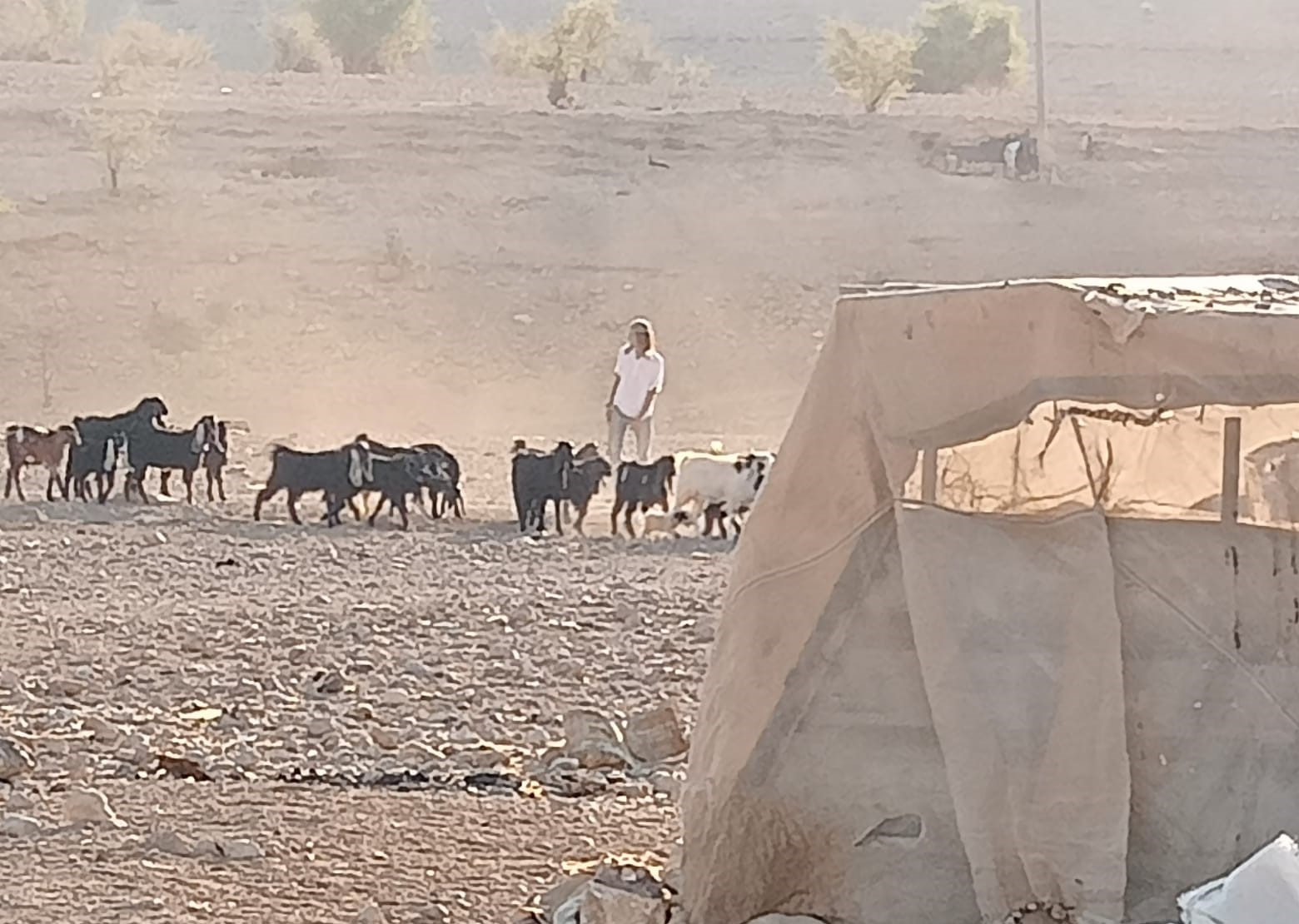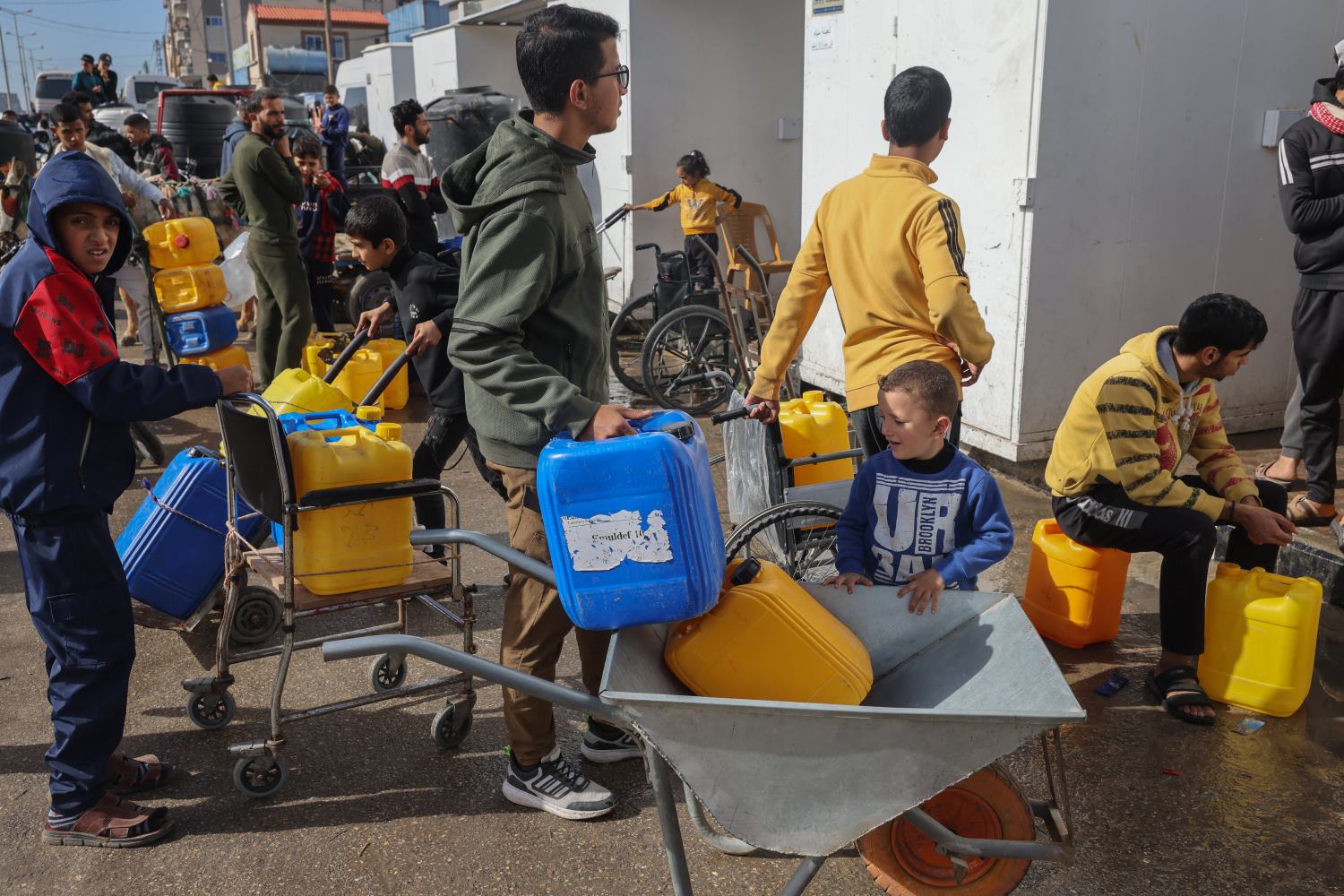TEL AVIV, October 28, 2009 (WAFA)– Israeli Legal Center for Freedom of Movement (Gisha) this morning filed a petition in the Tel Aviv District Court under the Freedom of Information Act, asking the Ministry of Army and the Coordinator of Government Activities in the Occupied Palestinian Territory (COGAT) to reveal their policies regulating the transfer of food and other essential goods into Gaza.
The petition was submitted following six months of unsuccessful attempts by Gisha to clear a path through a bureaucratic jungle in order to receive answers to basic questions and to obtain information which the Army Ministry is obligated by law to reveal: What are the criteria for defining goods as 'humanitarian'? Is there a list of goods that are permitted or prohibited for import into Gaza? And what are the procedures that are guiding COGAT's activities?
For example, said Gisha in a press release, it is unclear why Israel allows rice into Gaza but does not allow the import of sesame or halva. It is also uncertain why Israel suddenly allowed tea and coffee into Gaza last Thursday, following a more-than two-year ban on their import. Nor is clear how banning the import of sesame is related to the security needs that are supposed to guide Israel's policies on the transfer of goods to Gaza.
In the petition, just like in its repeated requests to the authorities, Gisha asked to see the “Red Lines” document, which ostensibly sets the nutritional 'minimum' required for the subsistence of the residents of the Gaza Strip and contains tables specifying the number of grams and calories from each food group that a Gaza resident should be allowed to consume, based on age and sex. This document, the very existence of which raises grave concern, indicates the State of Israel’s choice to 'limit' human beings to a 'minimum' level of nutritional subsistence. It has not been revealed to the public. Despite repeated requests from various officials, including Knesset Foreign Affairs and Defense Committee member MK Ophir Pines-Paz, the Ministry of Defense has refrained from providing the public with this information. It has not offered any explanation for its refusal.
The lack of transparency concerning the Army Minister's procedures for allowing the transfer of goods to the Gaza Strip is facilitating the violation of the fundamental rights of 1.5 million Gaza Strip inhabitants. It also increases the burden, in terms of logistics and funding, on the Israeli and international aid organizations attempting to assist this population.
“The main purpose of information disclosure is to ensure the proper conduct of a public agency,” wrote Gisha’s Adv. Tamar Feldman in the petition. “Increased access to information will help promote social values such as equality, rule of law and respect for human rights. All this is designed to safeguard government transparency, a hallmark of a democratic society.”












